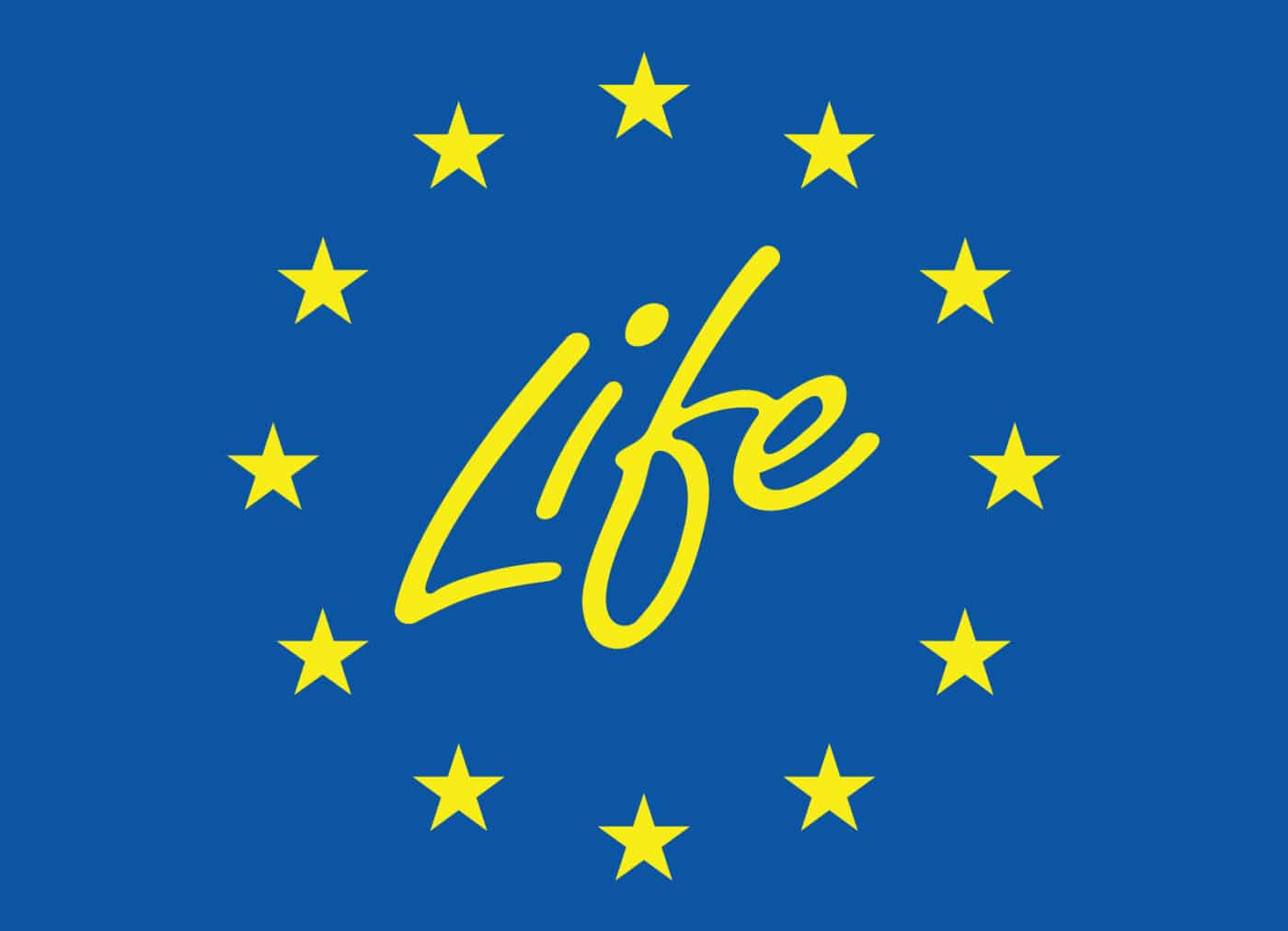The ‘Energy Efficiency First’ (EE1st) principle is defined and endorsed in EU legislation. The purpose of EE1st is to give priority to demand-side resources, such as energy efficiency and demand response, when they are more cost effective from a societal perspective than other types of energy resources in energy planning, investment and policy. However, previous evaluations of National Energy and Climate Plans and similar projects, such as ENEFIRST, show that implementing Energy Efficiency First is easier said than done.
Therefore, the ENEFIRST Plus project will support key stakeholders by providing information to complement existing resources for investment in energy infrastructure, energy planning and designing incentives. Through this project, new practical guidelines and real-life examples will be provided on implementing the Energy Efficiency First principle. In addition, ENEFIRST Plus will test the resources in eight case studies in four countries — Croatia, Greece, Italy and Poland — and then extend the outcomes to 27 Member States. Building capacity and stakeholder engagement through learning cycles is one of the core components of ENEFIRST Plus, which results in a community of practice. Furthermore, an online platform will collect the most relevant information and resources about Energy Efficiency First.
Enefirst Plus objectives:
- Provide public authorities and other stakeholders with hands-on resources to implement Energy Efficiency First.
- Demonstrate how Energy Efficiency First can be implemented with pilot projects in four countries.
- Grow a community of practice, increase stakeholders’ knowledge and capacities, and maintain an open forum for practical discussions about Energy Efficiency First.
- Provide a one-stop shop for knowledge and resources on Energy Efficiency First.


Co-funded by the European Union under project n°101120880. Views and opinions expressed are however those of the author(s) only and do not necessarily reflect those of the European Union or CINEA. Neither the European Union nor the granting authority can be held responsible for them.
Coordination contact: Vlasis Oikonomou, IEECP, [email protected]
RAP contact: Alessandro Celestino, [email protected]
Communications contact: Axelle Gallerand, IEECP, [email protected]
